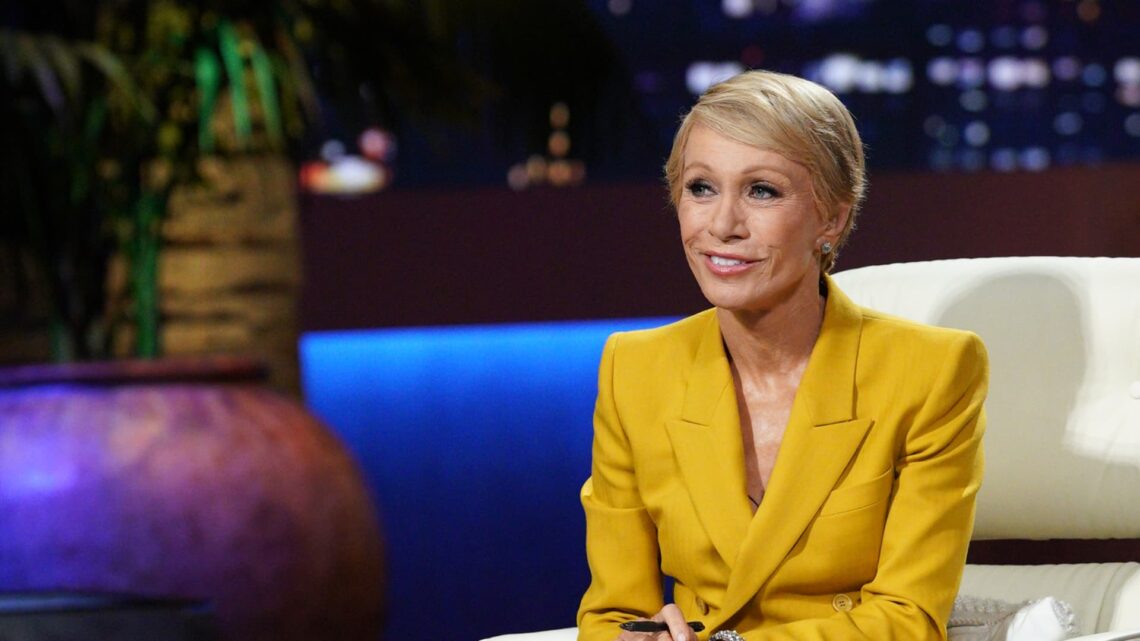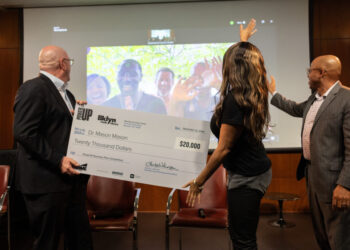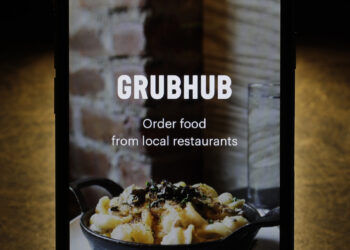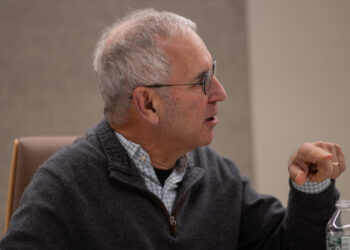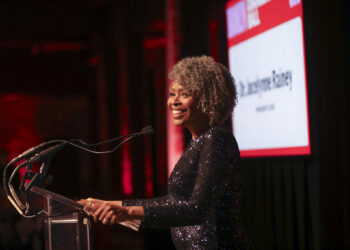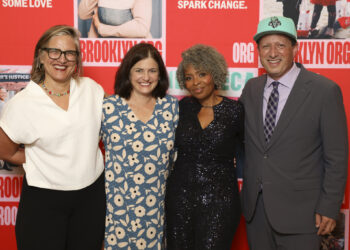Barbara Corcoran turned an unpleasant retail experience into a business lesson she still uses today.
Years ago, while shopping with her brother, the millionaire co-star of ABC’s “Shark Tank” encountered a sales associate who left a bad taste in her mouth, she said in a recent TikTok video.
“[I was] trying to pay for a tube of mascara. From what I could see, the lady behind that counter had no intention of helping us. She didn’t even make eye contact,” Corcoran, 74, said. “I said, ‘Ma’am, can I please pay for my mascara?’ And she ignored me.”
Corcoran grew “furious,” she said, wanting to give the woman a piece of her mind, until her brother stepped in.
“[He] put his hand over mine and said to me, ‘Barbara, hold it. Consider: She’s doing the best that she can,'” said Corcoran. “He went on to say, ‘You have no idea what she dealt with before she went to work this morning, what her life is like, what’s on her plate, what she has to deal with every day.”
Today, Corcoran thinks about those words often, she said: “She’s doing the best that she can.” And they taught her just how crucial empathy is as a soft skill, which she still uses as an investor and CEO.
“[Those] seven simple words made me a much nicer person,” Corcoran said.
The power of kindness in business
Being nice doesn’t just impact your own outlook: It makes you come across as more relatable and trustworthy to others. Kindness is a valuable leadership trait, according to a 2020 Gallup survey which found that workers have “four universal needs” when it comes to their bosses: trust, compassion, stability and hope.
Mark Cuban, Corcoran’s “Shark Tank” co-star, agrees. “I wish somebody would have told me to be nicer,” Cuban told the “Bio Eats World” podcast last year, when asked what advice he’d give his younger self. “Because I was always go, go, go … Ready, fire, aim. Let’s go. Let’s go faster, faster.”
Cuban’s lack of kindness, which he called an “underrated” trait, started to negatively impact his employees — so he…
Read the full article here


